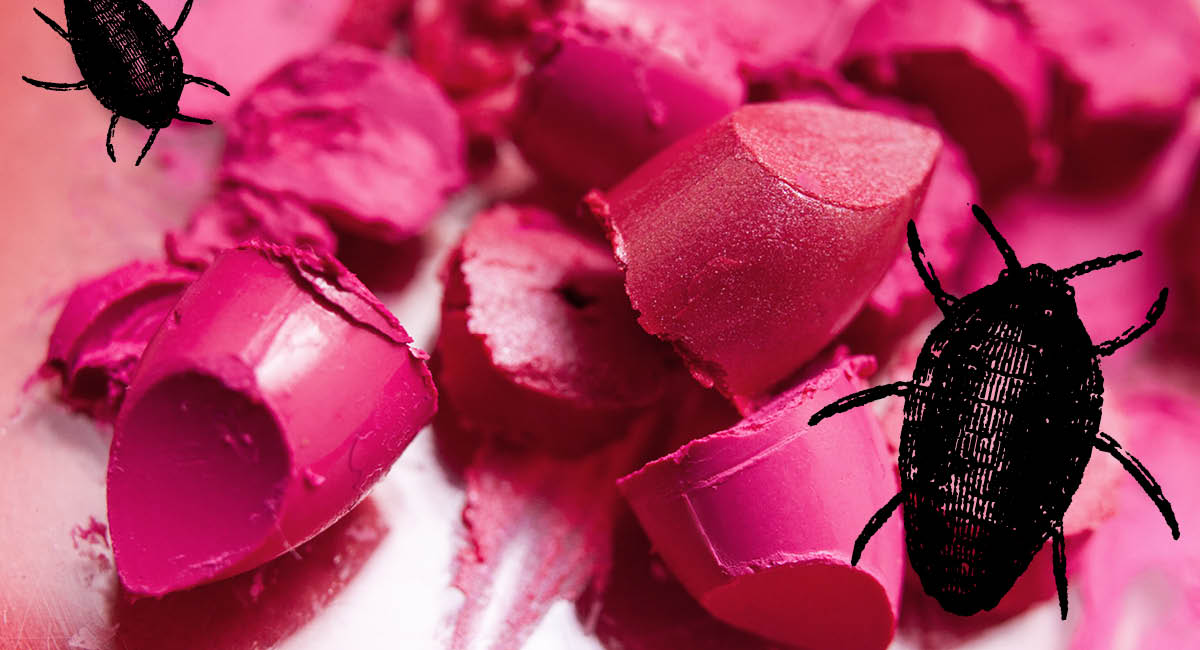If you’ve ever admired the deep crimson of a lipstick or blush, chances are you’ve seen carmine at work. This vivid red pigment has been used in cosmetics for centuries—but for Muslim consumers, it raises an important question:
👉 Is carmine halal?
The short answer: No, carmine is not halal. Let’s explore why, and what alternatives you can trust instead.
What Is Carmine?
Carmine (also known as cochineal extract, CI 75470, or E120) is a red pigment made by crushing and boiling female cochineal insects found primarily in Latin America.
-
It takes thousands of insects to produce just a small amount of pigment.
-
It’s prized for its stability and rich red hue, often used in lipsticks, blushes, and tinted skincare.
Why Carmine Is Not Halal
-
Source: Carmine comes from insects, which are not permissible in Islamic dietary and purity laws.
-
Processing: The method involves crushing insects and extracting their shells—making it explicitly haram.
-
Lack of certification: Carmine cannot be halal-certified due to its origin.
For Muslim consumers seeking halal beauty, carmine is always off-limits.
Where You’ll Find Carmine
-
Lipsticks and lip gloss
-
Blush and eyeshadow
-
Tinted balms or skincare
-
Some food and beverage colorings
Check labels carefully—carmine often hides under names like “CI 75470” or “E120.”
What to Use Instead
The beauty industry has embraced halal-friendly, vegan alternatives to carmine:
-
Mineral Pigments (Iron Oxides)
-
Provide a wide range of red tones.
-
Safe, stable, and halal-friendly.
-
-
Plant-Based Colorants
-
Derived from beets, berries, or annatto seeds.
-
Less stable than minerals, but increasingly refined with biotech.
-
-
Biotech-Derived Pigments
-
Lab-created natural pigments using fermentation or algae.
-
Sustainable, vegan, and halal-compliant.
-
At Purelab Care, we only use mineral and biotech pigments, ensuring halal compliance without compromising performance or luxury.
✅ Carmine & Halal: Frequently Asked Questions
1. Is carmine ever halal?
No. Since it’s derived from insects, it’s always considered haram.
2. What is CI 75470 or E120 on labels?
These are other names for carmine. If you see them, the product is not halal.
3. Are all red pigments haram?
No. Mineral oxides and plant-based pigments are halal-friendly. Only insect-derived carmine is prohibited.
4. Does Purelab Care use carmine?
Absolutely not. All pigments are verified halal-friendly and cruelty-free.
The Bottom Line
Carmine has a long history in beauty, but its insect origin makes it haram and incompatible with halal skincare and makeup. Thankfully, modern science offers elegant alternatives—mineral and biotech pigments that deliver the same intensity without compromise.
At Purelab Care, we uphold the highest standards of halal integrity, science, and luxury performance—so every shade you wear is as ethical as it is beautiful.



